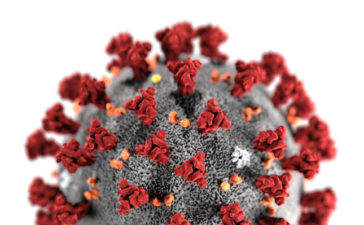Each year, the world celebrates one of its most beloved foods – chocolate. It is believed that on this date in 1550, chocolate was introduced in Europe from Mesoamerica, giving mankind one of its sweetest indulgences. Whether you add it in desserts or just eat it by itself, chocolate can be enjoyed in more ways than one can imagine.
But with all that popularity, come some common misconceptions and myths about the food as well. On the occasion of World Chocolate Day, let’s debunk four myths that are associated with it.
Myth 1: Chocolate is, and had always been, only had as a dessert.
For most people, the word chocolate is often synonymous with dessert, but it was not originally intended to be so.
Fact: Chocolate is obtained from the cacao plant, which was originally grown and used by the Mayans in South America. The Mayans used to drink chocolate as a hot cocoa drink mixed with cinnamon and pepper. They loved it so much that they called it the food of gods.
Even today, chocolate is added to some recipes of the Mexican mole sauce. The sauce includes chilies, fruits and spices and is used as toppings on chicken, burritos and sauteed veggies.
Myth 2: Chocolate is an aphrodisiac.
For decades now, chocolate has been believed to be an aphrodisiac and a food that improves sexual pleasure. A lot of people still believe this to be true, when, in fact, it is not.
Fact: There is no evidence to prove the aphrodisiac effects of chocolates. A small study done on a group of women in Italy found that chocolate has no effect whatsoever on sexual desire. Some even say that the aphrodisiac effects are nothing more than placebo at this point, give how widespread this myth is.
Myth 3: Diabetic people cannot have chocolate.
Diabetes makes your body unable to regulate its blood sugar levels. This is why most diabetic people are asked to stay away from sweets, including chocolate.
Fact: According to the British Heart Foundation, diabetic people can have chocolate in moderation and as part of a healthy lifestyle and diet. In fact, a 2017 study found that the flavoring present in cocoa may reduce insulin resistance and may keep diabetes from worsening. Insulin resistance refers to the inability of your body cells to respond to insulin and take up glucose from your blood.
Experts suggest that if you are diabetic and want to have chocolate, you can have a small amount right after a meal. This would slow down the absorption of the sugars and won’t spike your blood glucose levels.
Myth 4: Eating chocolate leads to weight gain.
Chocolate is undoubtedly a high-calorie food with a lot of sugar and fat. So, it is reasonable to think that chocolate consumption would lead to weight gain – even though this isn’t necessarily true.
Fact: There is some contradictory evidence on the effects of chocolate on body weight. A systemic review, including 35 randomized controlled trials found that consuming about 30 grams of chocolate per day can help you lose weight. As per the study, the signs were apparent in about 4-8 weeks.
However,People suggested a dose-dependent increase in body weight with chocolate consumption.it is better to consume chocolate in moderation to avoid weight gain.





